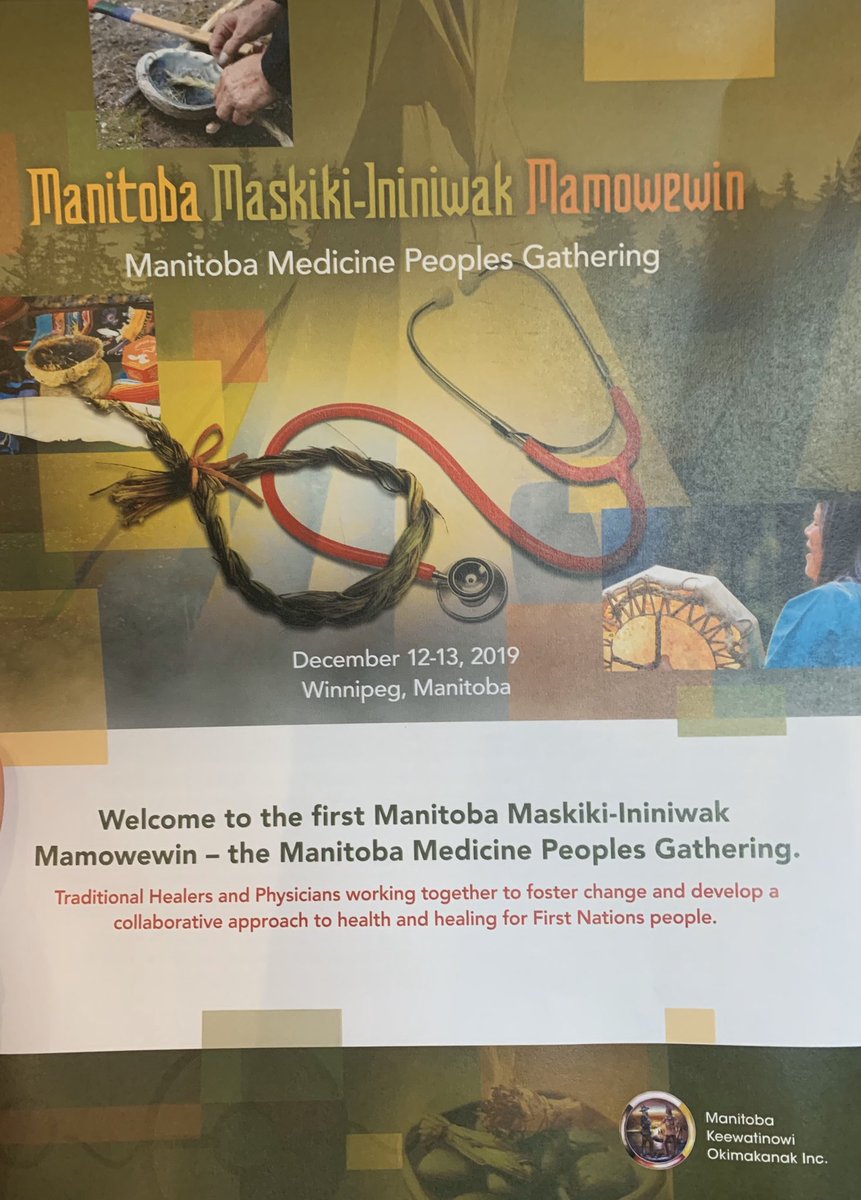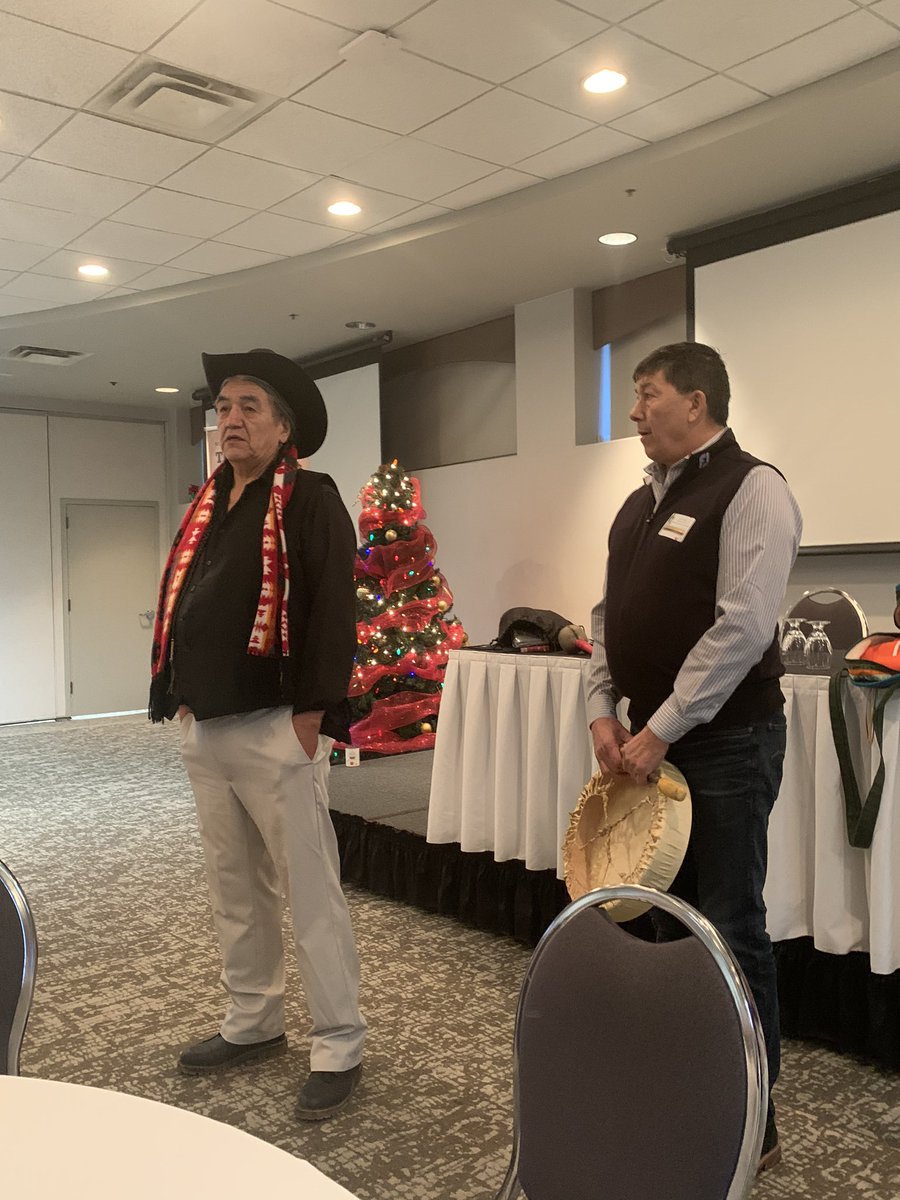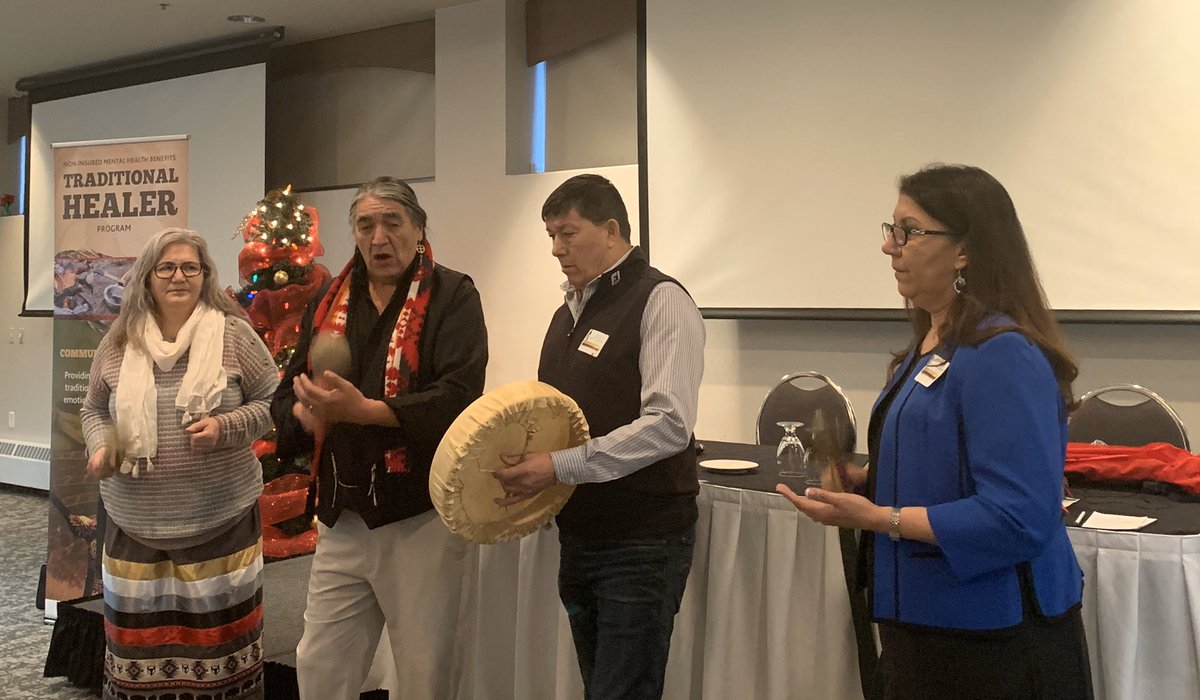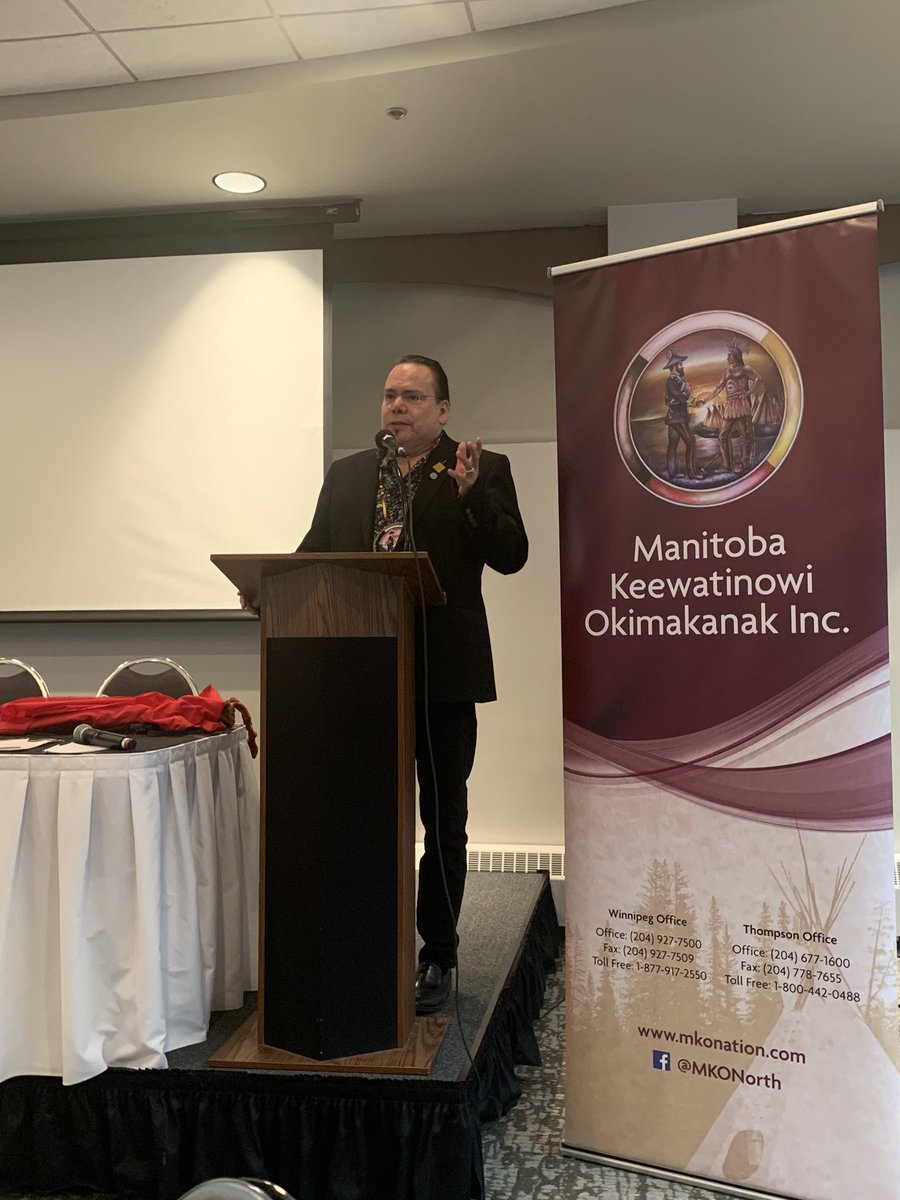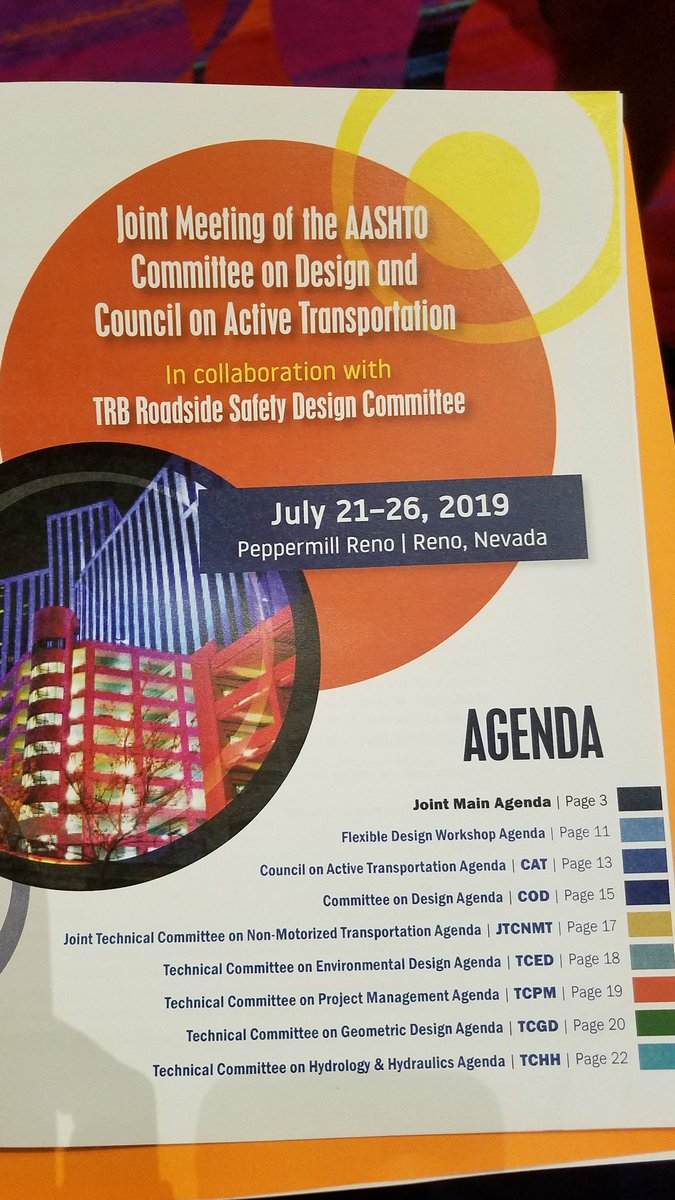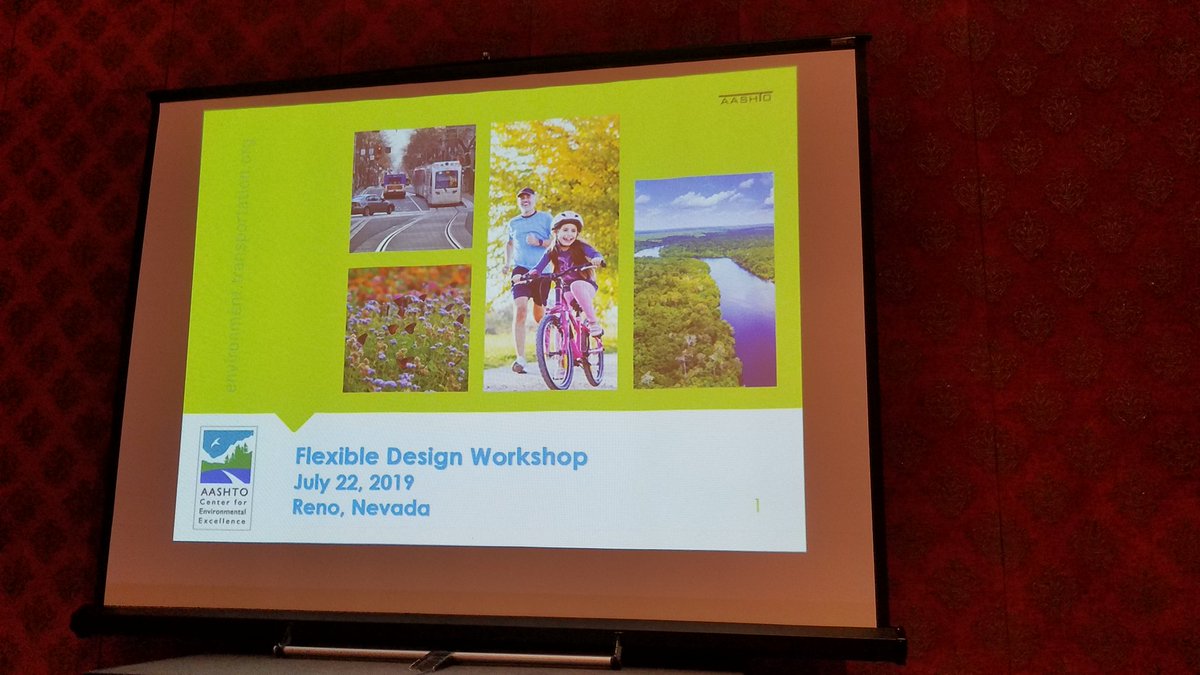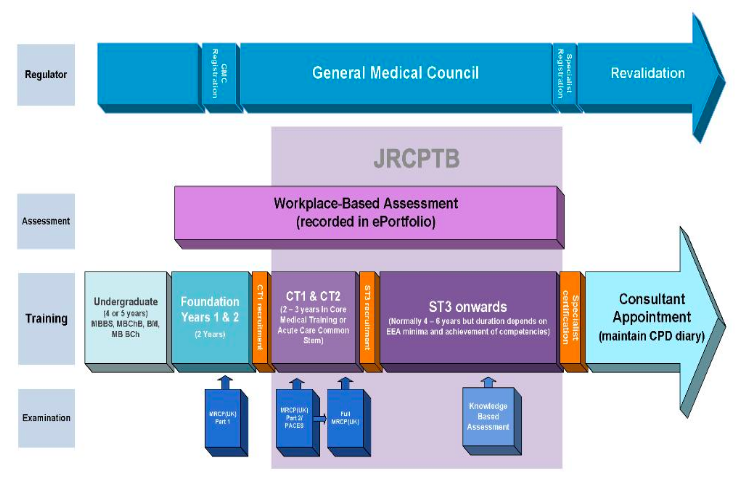Affecting safety, the sense of belonging -- being valued & accepted -- is about creating a stabilizing center-of-mass built around health.
<sigh>
This is the hardest part. It's all one piece of advice, no numbered bullets.
There are intellectual routes into it, and experiential routes. There are practices I can undertake, and insights I can have.
Nothing's going to make it easy.
All I can do is what I've done in all the other RAMPS topics: throw out ideas.
Go reach outside my material. Zander's good and also oblique. Brene Brown. Mindfulness meditation. Alex Harms. Lots of others. Go look for them.
I hope you're grabbing some r&r today, and prepping for something exciting as you do it!


